Fat loss supplements include a diverse collection of herbs, minerals, and other organic compounds that promote the loss of body fat through multiple biological mechanisms. For more information on the science of fat burners, check out our guide.
This list provides an informative glance into the background and function of popular fat loss supplements, and seeks to answer whether or not they actually work. Those supplements marked as Editor’s Choice highlight our top picks for promoting fat loss.
5-HTP
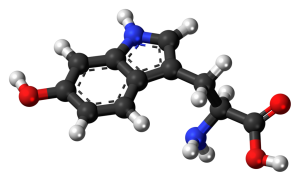
7-Keto

- Glycerol-3-Phosphate Dehydrogenase (GPDH)
- Malic enzyme
- Fatty Acyl-Coenzyme A Oxidase (Acyl-CoA)
The activation of these enzymes promotes heat production and the the breakdown of fat stores for energy, increasing the body’s metabolic rate. Research evidence suggests that 7-keto does result in a higher rate of weight loss, particularly when paired with dieting and exercise.
Alpha Lipoic Acid – Editor’s Choice
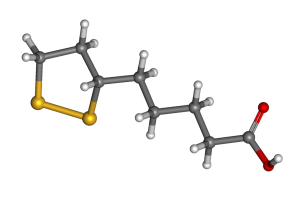
- Reduce lipogenesis, the creation of fats from sugars
- Increase lipolysis, or fat breakdown
- Reduce adipogenesis, the creation of new fat cells
Finally, the antioxidant qualities of ALA may further support weight loss since oxidative stress has been implicated in obesity. With so many ways to burn fat and a good amount of clinical research to back it up, ALA seems like a solid choice for promoting moderate weight loss. More on alpha lipoic acid.
Apple Cider Vinegar
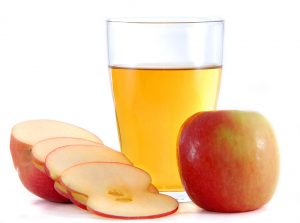
Inspired by its extensive use as a digestive aid as far back as ancient Egypt, some have made claims that it may also facilitate fat loss by slowing down gastric emptying – which leaves one feeling more full – and reducing appetite by blocking carbohydrate absorption. However, research evidence is currently lacking.
Banaba Leaf
The banaba plant is cultivated in tropical regions of South East Asia and India where it has long been used to help with diabetes. The leaves of banaba contain bio-active ingredients that seem to function similar to insulin by helping to lower blood glucose levels. This effect has been suggested to possibly aid weight loss by reducing carbohydrate cravings.
In addition, banaba might also be able to suppress adipogenesis – the process that creates new fat cells. Having said that, there is currently no human research confirming its potential to aid fat loss.

Beta Cryptoxanthin
A common carotenoid (compound that gives fruits & vegetables their color), beta cryptoxanthin seems to support vision, bone, and brain health. It may also help with diabetes and weight loss through:
- Suppressing the formation of new fat and reducing the fat content of existing cells
- Improving glucose metabolism
However, the current research is restricted to observational studies that highlight the relationship between low beta cryptoxanthin and overall carotenoid consumption and increased risk of obesity and diabetes. As such, it may be best to focus on eating enough fruits & vegetables to support overall health rather than taking supplements.
Bitter Orange
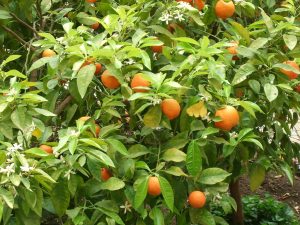
Extracts of the citrus fruit bitter orange are frequently used to ameliorate digestive problems and promote weight loss, thanks to the active ingredient synephrine. As a sympathetic adrenergic agonist, synephrine seems to work by binding to alpha-one receptors that regulate appetite, and promoting lipolysis (breakdown of fat) by binding to beta-three receptors.
Having said that, what little clinical research has been done suggests that synephrine’s effects are not strong enough to promote significant weight loss.
Black Pepper Extract

The bioactive ingredient in black pepper, piperine, may not only improve digestion, but also help burn fat by suppressing adipogenesis and boosting metabolism through other mechanisms.
However, there is a distinct lack of clinical trials examining piperine’s use for promoting weight loss. Moreover, some researchers have raised concerns that part of its effects are caused by the taste of black pepper, which means that taking a supplement may not be as effective as adding it to your diet.
Caffeine
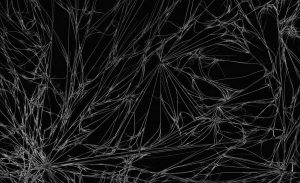
But far from only having brain-boosting effects, caffeine also seems to help with fat loss by increasing fat oxidation and energy expenditure (the amount of calories the body burns). Indeed, according to one study, caffeine may boost energy expenditure by anywhere from 3 – 16% for several hours.
In addition, caffeine also indirectly aids weight loss by improving exercise performance through:
- decreasing perception of fatigue and increasing enjoyment
- increasing the usage of fat as an energy source
But although multiple human trials have demonstrated caffeine’s fat-burning mechanisms, there is still no direct evidence that they actually lead to weight loss.
Caralluma Fimbriata
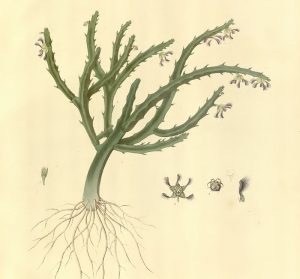
A relative newcomer to the fat loss market, Caralluma fimbriata is an Indian plant that has historically been utilized to reduce thirst and appetite. Its active ingredients (pregnane glycosides) are believed to affect the hypothalamus – the part of the brain that controls food intake, resulting in reduced desire to eat.
Unfortunately, C. fimbriata is currently under-researched, with only one successful human study to base its effectiveness on.
Cayenne
Generally dried and ground into a powder, cayenne peppers are popularly added to dishes to give them a spicy kick. Their main active ingredient, capsaicin, is sometimes used in creams to relieve pain, but is also being promoted as a weight loss supplement.
Capsaicin has been suggested to help burn fat by:
- Increasing thermogenesis (heat production) by stimulating the release of catecholamines – compounds that help regulate body fat
- Boosting fat oxidation through using more fats instead of carbohydrates for the body’s energy needs
- Reducing caloric intake, possibly through the burning sensation caused by capsaicin
It was even popularly promoted by Dr. Oz as a way to burn fat by speeding up metabolism. But although multiple studies show that capsaicin can indeed reduce short-term food intake, the big problem is that it doesn’t seem to actually cause any significant weight loss in the long-term (3 months or more).
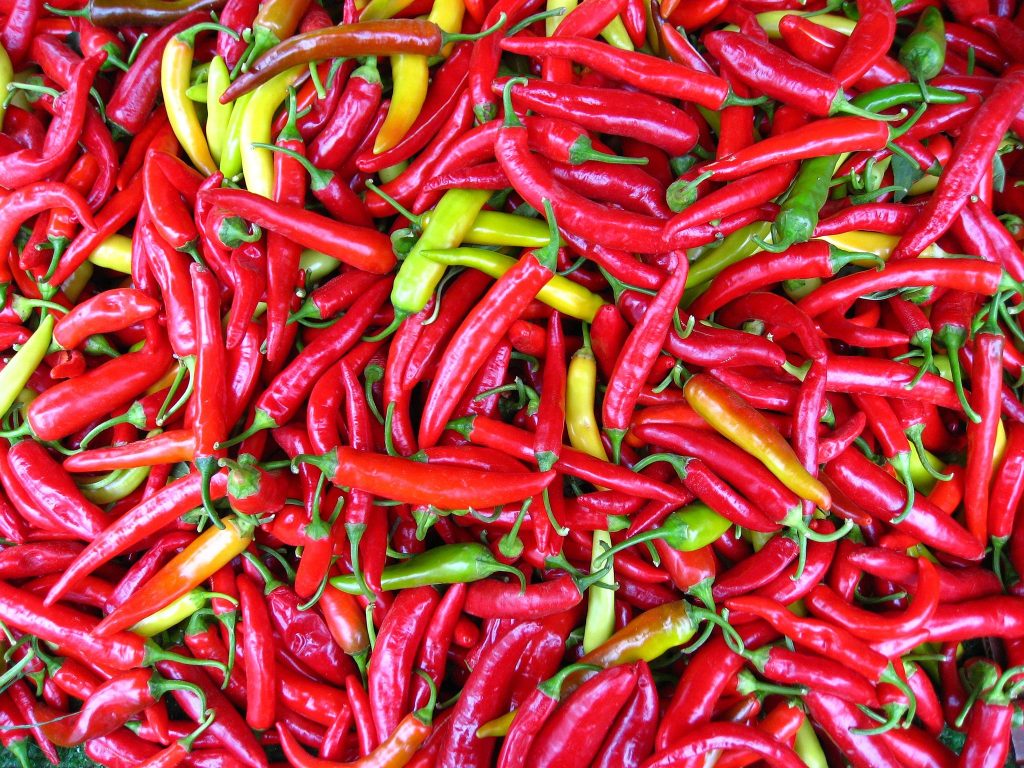
Chromium Picolinate
Chromium picolinate (CrPic) is a form of the trace mineral chromium, whose role in the body is to aid the function of insulin. CrPic has been suggested to aid weight loss by reducing food intake through influencing brain systems that regulate appetite and food cravings. However, current research evidence suggests that its subtle fat-burning effects are limited to people with certain conditions, namely diabetes and eating disorders.
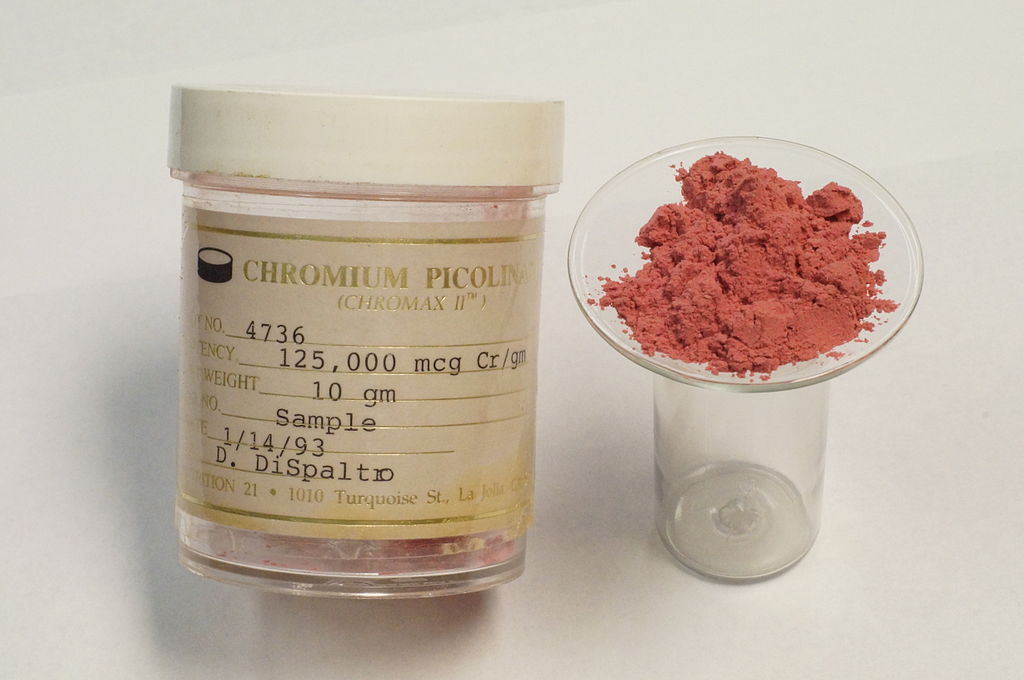
CLA

Some evidence does point to the fat loss potential of CLA, possibly through its inhibitory action on lipoprotein lipase – an enzyme that promotes fat storage. CLA has also been suggested to stimulate carnitine palmitoyl transferase, which is crucial for the oxidation of fatty acids and may help to support healthy weight management efforts.
Ultimately however, the findings of clinical trials have been conflicting at best – a far cry from the magical fat burner some have claimed CLA to be.
Coconut Oil
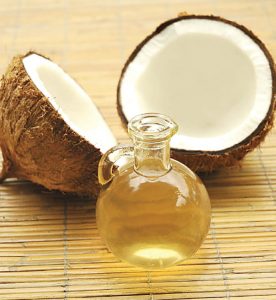
As for its weight loss potential, coconut oil is rich in medium-chain triglycerides (MCTs – about 65% of coconut oil fat content). MCTs are somewhat unique because do not get stored as body fat, and instead get used up for energy.
In addition, they also seem to increase the body’s energy expenditure – the amount of calories burned by the body.
But while we share the enthusiasm behind coconut oil, more clinical trials confirming its fat-burning properties are needed.
CoQ10

CoQ10 has been suggested to aid fat loss through:
- Stimulating AMP-activated protein kinase (AMPK), an enzyme which promotes the usage of fat for energy
However, research evidence is more supportive of its use as an energy booster than a fat loss supplement.
Ephedra
Traditional medicine has employed this Asian herb to combat fever, flu, and other maladies for thousands of years.
Today it’s far better known as a weight loss supplement. More specifically, its active component ephedrine seems to contribute to fat loss by imitating the effects of hormones like norepinephrine, promoting the production of heat and breakdown of fats. In fact, ephedrine is widely considered to be one of the most effective fat burners out there.
However, the key problem with ephedrine is that it has been associated with dangerous side effects, and was in fact banned by the FDA in 2004.

Forskolin
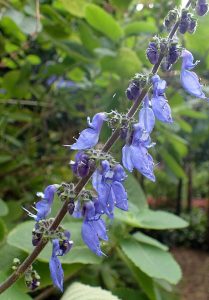
Forskolin has been suggested to burn fat by activating cAMP, a molecule which may boost fat metabolism. Clinical research confirms forskolin’s ability to support weight loss in overweight and obese individuals, but more studies are needed for a decisive recommendation.
Garcinia Cambogia
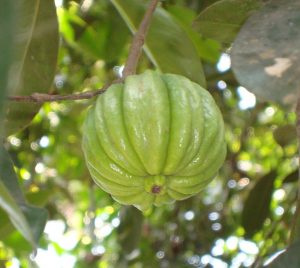
- Supressing lipogenesis, the conversion of carbs into fatty acids
- Boosting fat oxidation during exercise
- Potentially suppressing appetite
Indeed, these effects and the subsequent weight loss have been consistently demonstrated in animal studies. However, there are several problems with Garcinia as a fat burner:
- Lipogenesis does not play a big role in body fat accumulation in humans
- The appetite-suppressing effect seen in animal studies is yet to be reproduced in human trials
- What few clinical trials have been performed show mixed results, with some reporting minor fat loss, and others showing no effect
As such, this is one fat burner that seems to have more hype than sound scientific evidence behind it.
Ginger
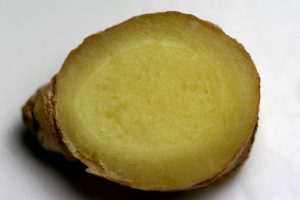
In the realm of weight loss, ginger supplements are proposed to:
- Increase thermogenesis, resulting in more calories being burned
- Increase lipolysis
- Block the absorption of dietary fats through suppressing intestinal fat hydrolysis
Nonetheless, research suggests that ginger’s overall weight loss effect is fairly small.
Glucomannan – Editor’s Choice
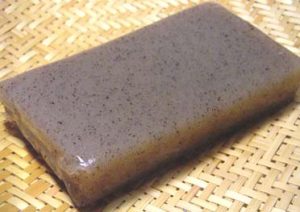
In turn, this means that you want to eat less food after taking glucomannan. In addition, glucomannan also prolongs gastric emptying time, further contributing to a feeling of being sated. And the best part is that these effects add up to actual weight loss, as demonstrated by several clinical trials.
Why we like it. Instead of introducing bio-active compounds that alter the body’s metabolism, glucomannan helps manage weight by simply slowing down digestion and making you feel more full naturally.

Grapefruit
The idea that grapefruit can potentiate weight loss has been promoted as early as the 1930s. Some of its proposed fat-burning ingredients include:
- nootkatone and naringin, which are believed to boost metabolism by influencing the AMPK enzyme
- The fiber found in the pith of grapefruits, which can help increase satiety like other dietary fibers
But as the case with many hyped natural supplements, there’s little research evidence that grapefruit actually causes any loss of fat.
Green Coffee Bean
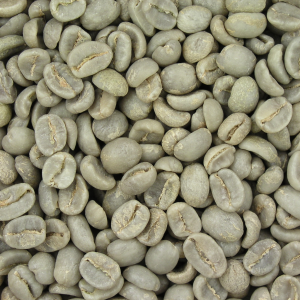
- Suppressing glucose release and absorption, which promotes the release of fat to make up for lower blood glucose levels
- Reducing dietary fat absorption and increasing the usage of fat for energy in the liver
Claims by Dr. Oz that GCB extract is a miracle weight-loss drug have caused much controversy, especially due to being supported by a questionable study that had since then been retracted.
Despite this, human trials show that GCB is indeed capable of promoting moderate weight loss.
Green Tea – Editor’s Choice
Brewed from leaves of the Camellia sinensis plant, green tea has a long list of health benefits supported by decades of extensive scientific research. Green tea contains active compounds called polyphenols, among which epigallocatechin gallate (EGCG) is the most important. These polyphenols seem to aid fat loss by:
- Boosting metabolism through increased thermogenesis and fat oxidation, particularly through increasing levels of catecholamines
- Limiting dietary fat absorption by supressing enzymes such as pancreatic lipase
- Regulating levels of cholesterol and other lipids in the blood
In addition, the small amount of caffeine present in green tea appear to work in synergy with the polyphenols to further boost their fat-loss activities.
Why we like it. Even though researchers consider the overall weight loss effect of green tea minor, it has three key advantages:
- Reliable – green tea’s effectiveness as a fat burner is supported by numerous high-quality clinical studies
- Cheap – taken either in its natural form or as a supplement
- Safe – green tea has few side effects

Guarana

- Caffeine, which increases the body’s energy expenditure and fat oxidation
- Tannins, which may be capable of reducing protein and carbohydrate digestion
- Catechins, which work similar to the polyphenols found in tea by reducing fat digestion and increasing catecholamine levels
However, there are currently no clinical trials looking at the effects of guarana on weight loss, so it’s unclear whether these mechanisms actually add up to loss of fat.
HMB

Early research indicates that HMB’s role is to limit muscle protein breakdown and increase muscle protein synthesis, thus helping grow muscle mass on both fronts. In addition, it might also be capable of increasing fat oxidation – the body’s usage of fat for energy. Combined, these mechanisms might help athletes improve their body composition by reducing fat and increasing muscle mass.
Unfortunately, clinical research findings of HMB’s effects are currently inconclusive, reporting both positive and negative results.
Hoodia

- P-57, a compound that is believed to reduce appetite by communicating to the brain’s hypothalamus that the body is full
- Gordonoside F, which may reduce food intake by promoting insulin release
However, the fact that large multinational corporations including Pfizer and Unilever dropped their plans to develop hoodia-based weight loss supplements after millions of dollars worth of research suggests that it is nothing more than another bogus miracle fat burner.
Kelp

One of its principal carotenoids, fucoxanthin, may have the capacity to induce fatty acid oxidation and upregulate thermogenesis, resulting in more fat being burned. Meanwhile, kelp’s high iodine content may also help boost metabolism by increasing thyroid hormone production.
Despite this, very few clinical studies to date have demonstrated kelp’s ability to induce weight loss.
L-Carnitine
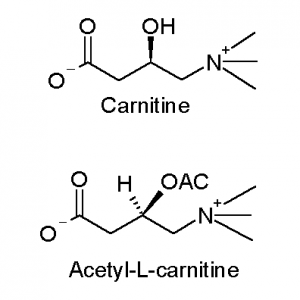
L-carnitine is naturally produced in humans and present in many animal products, such as meat, fish, and dairy. Its significant role in energy production have led some to consider it a potential fat burner.
The major function of l-carnitine is to transport fats into the mitochondria where they are oxidized for energy. Increasing l-carnitine levels may therefore increase the amount of fat that is being burned.
However, due to lack of clinical studies, it’s not yet clear whether this mechanism actually translates into lost pounds.
L-Theanine
Best known as the main psychoactive ingredient of tea, L-theanine has also been suggested to promote weight loss via yet-unknown biological mechanisms. But so far, only a handful of animal studies have shown that L-theanine may suppress fat gain.
Moreover, scientific evidence is limited by the fact that most studies administer green tea extract, which contains other active ingredients (catechins) that are known to promote weight loss. As such, it may be best to drink green tea or take tea extract supplements instead of L-theanine alone.
Matcha – Editor’s Choice

Why we like it. Green tea is already proven to be one of the most reliable fat-burners, and matcha is essentially a supercharged form of green tea. In addition, matcha also has the advantage of providing a small amount of fiber that may further aid weight loss.
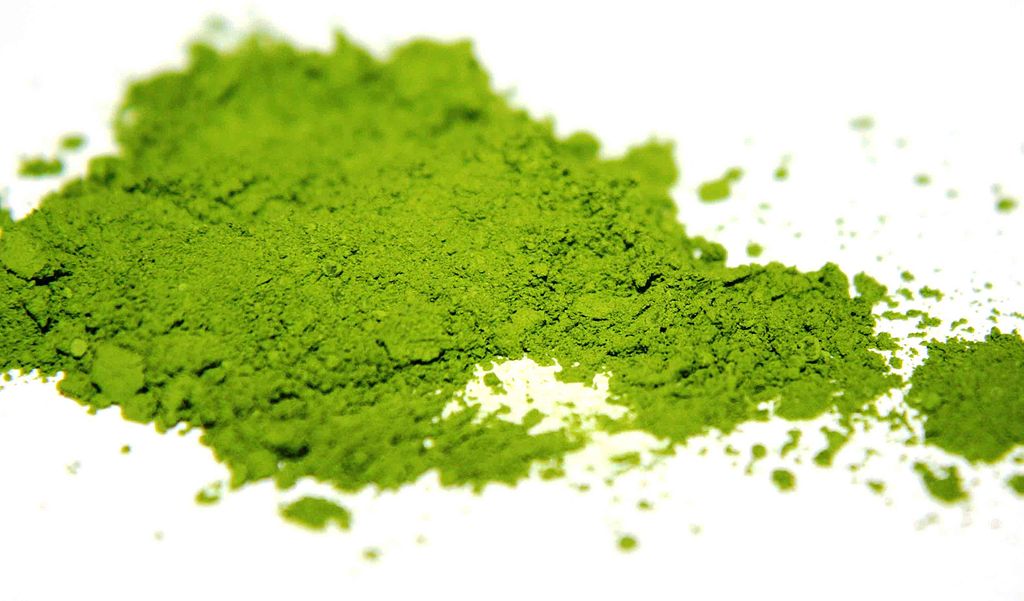
Olive Leaf
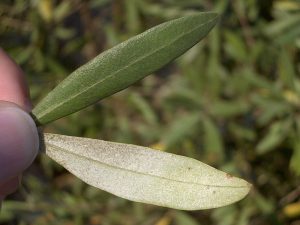
- Increasing the body’s metabolic rate
- Suppressing adipogenesis
However, olive leaf falls victim to the same problem as many other fat loss supplements – it currently has no human research data to back its effectiveness.
Raspberry Ketone

Unfortunately, there is zero human study data to support this claim, and all current evidence is restricted to a small number of animal and test tube studies, which show that raspberry ketones might:
- Promote fat breakdown by increasing levels of norepinephrine and adiponectin
Salvia Root
The roots of Salvia miltiorrhiza have long been used by traditional Chinese medicine to help with issues including:
- Cardiovascular problems
- Angina
- Hypertension
- Hyperlipidemia
More recently, some have used salvia root as a fat burner because of its ability to lower levels of cholesterol and other lipids in the blood. Despite this, clinical research findings have been overwhelmingly negative.
Vanadium
Vanadium is suggested to reduce blood glucose levels – likely due to increased insulin sensitivity – and may also enhance glucose metabolism. In addition, reduced food intake has also been noted in a handful of studies. Nonetheless, there are zero studies to date demonstrating its ability to burn fat.
Vitamin B12
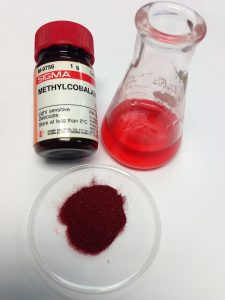
White Kidney Bean
Superfood white kidney bean is praised for its nigh innumerable health benefits, including weight management.
The primary fat burning mechanism seems to be its ability to block carbohydrate digestion and absorption because of its high content of alpha-amylase inhibitors (AI). As a result, you get fewer calories from the carbs that you eat. There is some preliminary research evidence to suggest that white kidney beans help promote minor weight loss, but it’s too early to say anything conclusive.
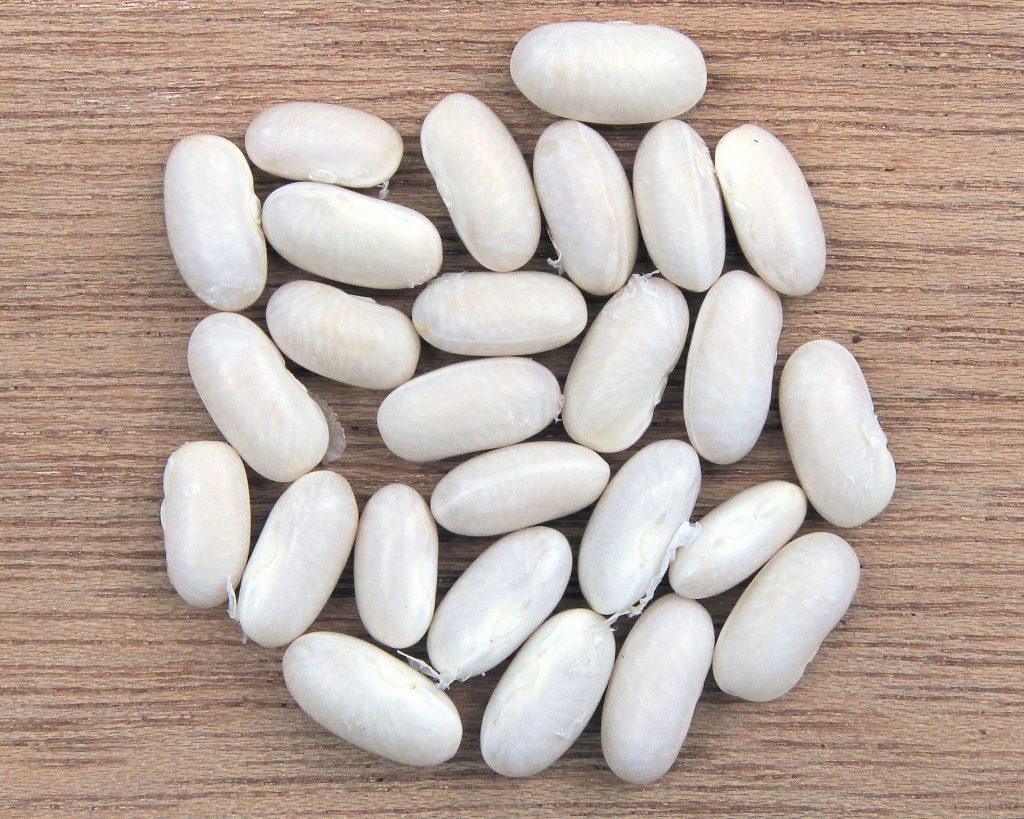
Yerba Mate – Editor’s Choice

- Promoting satiety by enhancing the action of the satiety enzyme, leptin, and glucagon-like peptide-1 (GLP-1).
- Reducing adipogenesis by inhibiting the gene factors Ppar-γ and C/ebp-α.
- Increasing thermogenesis by affecting expression of genes that control it.
Why we like it. Animal and clinical studies alike have shown that yerba mate is capable of aiding fat reduction by itself and by enhancing the fat-burning effects of exercise.
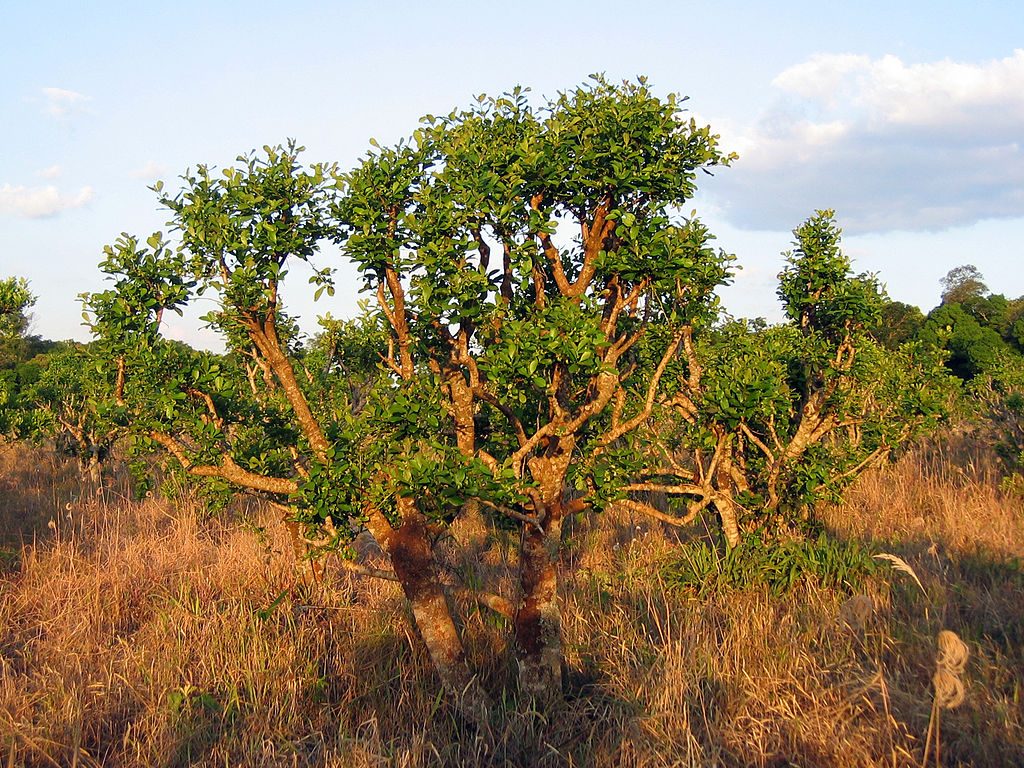
Yohimbe
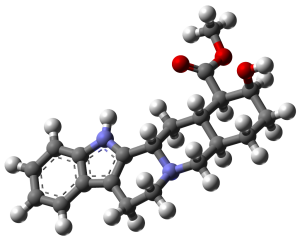
- Blocking alpha-2 adrenergic receptors, which encourages the catecholamines norepinephrine and epinephrine to bind to beta receptors instead, resulting in increased breakdown of fat
- Promoting thermogenesis
- Appetite supression
But despite the potential weight loss benefits of yohimbe, its use is not recommended due to the possibility of dangerous side effects that include elevated heart rate and blood pressure, and sleep issues.
